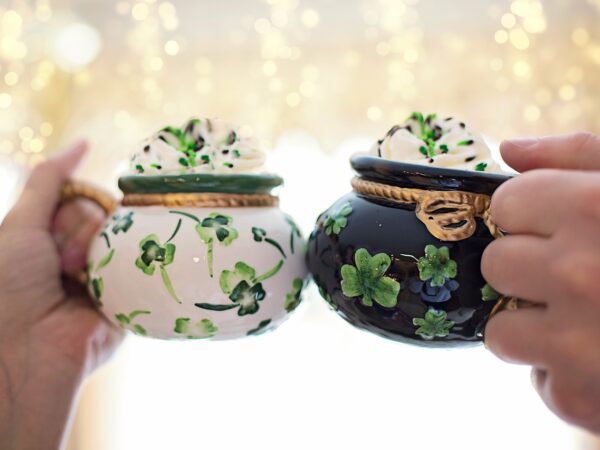Among the most popular Irish festivals are the Oyster Festival in County Galway (September), Jazz Festival (February – in Galway, October – in County Cork), Dublin International Film Festival, literary festival “Week of Authors” in County Kerry (June), in August you can visit the horse shows and races, “Folk Festival” – a folk festival held in Belfast (September), Irish Foodie Festival in County Cork (October) and many others.
January 1 – New Year
February 1 – St. Brigid’s Day, Imbolc, the first day of spring.
March 17 – St. Patrick’s Day and Independence Day of Ireland. A big holiday for the Irish. On this day you can watch musical performances and try the national cuisine.
The last Friday before Easter is Good Friday.
May 1 – Beltane, the first day of summer.
First Monday in May – Easter Monday
First Monday in June – June Feast
August 1 – Lughnassad, first day of autumn and harvest
First Monday in August – Feast of August
22 September – Mabon, day of the autumnal equinox
Last Monday of October – October Holiday
31 October – Halloween – All Saints’ Day Eve (Samhain)
25 December – Christmas
December 26 – St. Stephen’s Day
Often the celebration of pagan and Christian holidays coincide.
Irish Religious Holidays in Honor of the Saints
The Irish are a very religious people. It is not surprising, therefore, that important national holidays in Ireland include special days associated with the names of the saints revered in this country.
On the first day of February the Irish celebrate Saint Brigid’s Day with special reverence – it is believed that it was Brigid who helped the Virgin Mary in childbirth. On this day, woven reed crosses are hung on the front doors of Irish homes, and ribbons and paper strips are hung on trees and shrubs. The Irish believe that all this brings prosperity to their home.
But the most important among Ireland’s national holidays is, of course, St. Patrick’s Day, the patron saint and protector of Ireland.
Celebrations take place all day and night, March 17, in one of the most unusual ways.
The Irish believe in the legend that St. Patrick learned long before his death the date of his demise and commanded to remember him on this day with merriment rather than lamentation. And the Irish have never yet broken his request.
Every year, the Feast of St. Patrick in Ireland is celebrated with a boisterous parade, where “both young and old” dress up in the world-famous red wigs and funny green caps, armed with a pot of clover, and have fun to the melodious Irish music. And as night falls, hundreds of fireworks are lit in the sky in praise of St. Patrick.
